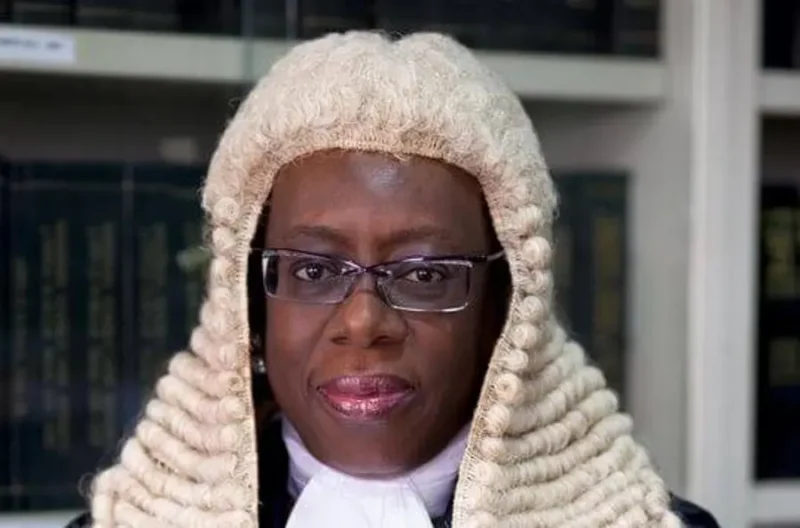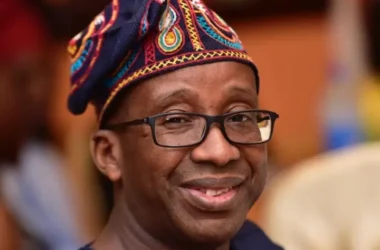The Chief Justice of Nigeria (CJN), Kudirat Kekere-Ekun, has issued a stern warning to judges, emphasizing that public trust in the judiciary could diminish if court cases continue to experience significant delays.
She shared this concern during the third annual National Judicial Council (NJC) conference on judges’ performance evaluation, held in Abuja on Tuesday.
At the event, the CJN highlighted the growing problem of delayed case resolutions in Nigeria’s courts, stressing the need for urgent reform. She expressed deep concern about the increasing number of cases pending in the country’s superior courts, excluding the Supreme Court. According to Kekere-Ekun, the backlog has reached worrying levels.
“As of the first quarter of 2024, we had a total of 243,253 cases pending in our superior courts of record, exclusive of the Supreme Court,” she reported. The Chief Justice further broke down the statistics, revealing that 199,747 civil suits and 43,506 criminal cases are awaiting resolution.
Kekere-Ekun expressed dissatisfaction with the pace at which cases are being handled by some judges. She pointed out that certain judges had not delivered any judgment over an entire quarter, a situation she deemed “simply unacceptable.”
The CJN stressed that such delays could severely damage public confidence in the judiciary, adding that justice delayed is justice denied. To address the backlog of cases, she proposed several solutions aimed at improving the efficiency of the court system.
These include adopting modern technologies such as digital case management systems, virtual courtrooms, and electronic filing (e-filing) to streamline processes and reduce delays.
Kekere-Ekun also encouraged the use of alternative dispute resolution (ADR) mechanisms like mediation and arbitration. She explained that ADR can help ease the heavy burden on courts by resolving certain disputes outside the traditional court system, allowing judges to focus on more complex cases.
“My Lords, ladies and gentlemen, we cannot wish away the growing backlog of cases or expect a different result when we continue to do things the same way,” Kekere-Ekun remarked, urging the judiciary to embrace new methods and technologies.










